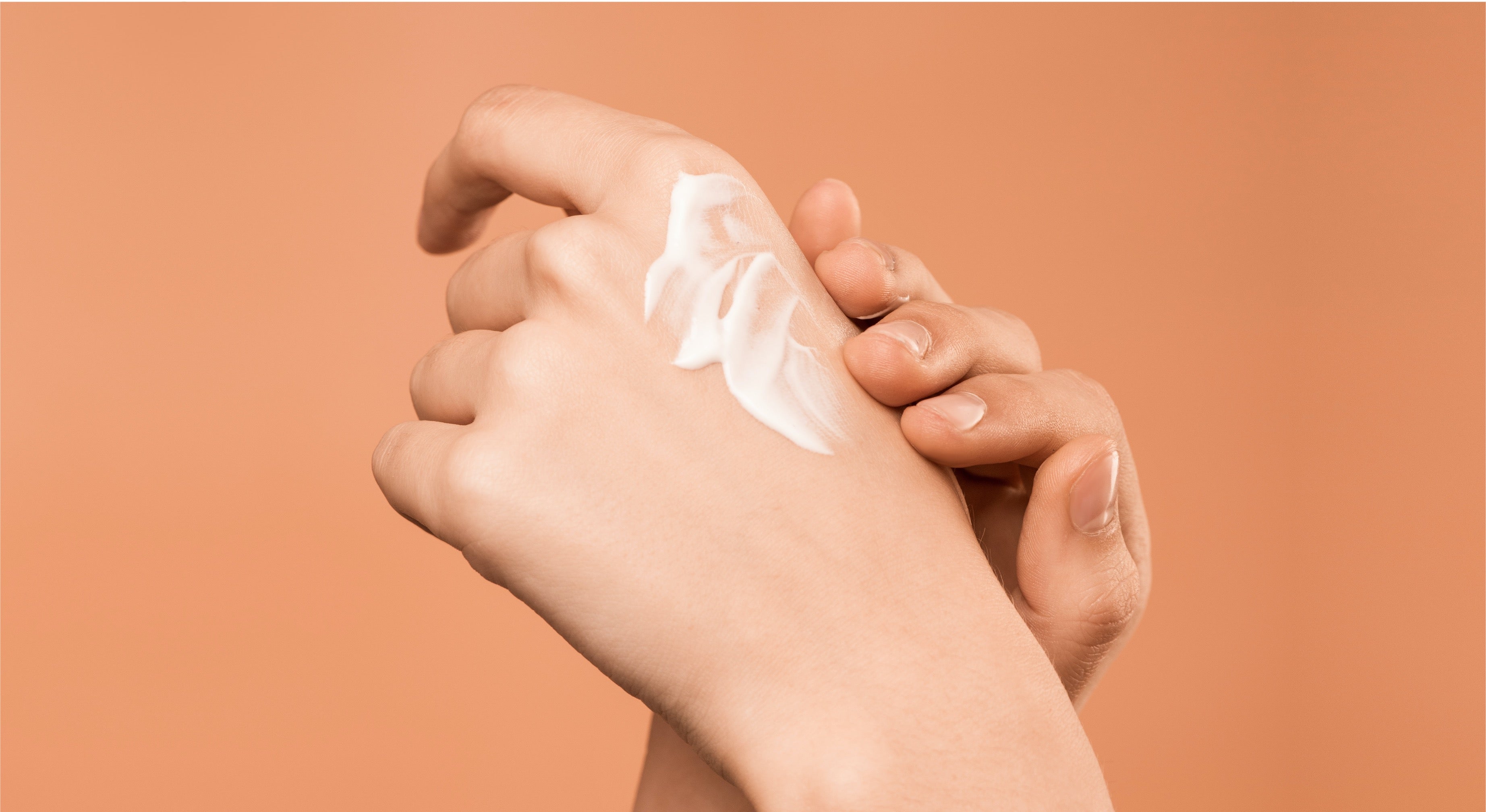Recent Post

Moisturising hacks to keep your face hydrated
In addition to regularly cleansing and wearing sunscreen, properly moisturizing your face is one of the most essential steps of any skin-care routine. But dermatologists say far too many people skip this essential step of any skin-care routine.
Ideally, our skin needs a water content of 20% to 30% to appear healthy. However, depending on the season, environment and our lifestyle, it can fall short of this goal.
So why is it essential to moisturise your skin?
The stratum corneum is the outermost layer of skin, and it plays an important role in protecting the skin from irritants and inflammation. When this layer is functioning properly, it helps keep the deeper layers of skin hydrated. The stratum corneum is made up of several key components, including fatty acids and ceramides. By using moisturisers that contain these ingredients, you can help ensure that your skin is healthy and happy.
Ingredients that can moisturise your skin
Moisturiser contain three main types of ingredients that help with moisturising your skin:
1. Humectants - these are ingredients that attract moisture, for example include substances such as ceramides, glycerin, sorbitol, hyaluronic acid, and lecithin. These ingredients are hydroscopic and attract moisture to the skin.
2. Occlusives - these are a moisturising ingredient that work by forming a protective barrier on the top layer of skin. This barrier helps the skin to retain moisture and protect against environmental damage. Examples include petrolatum, silicone, lanolin, and various oils help seal moisture within the skin.
3. Emollients - are products that contain water, oil, and an emulsifier to keep the two from separating. They are lighter and easier to apply than petrolatum or oils. Many commercial moisturisers contain both an emollient and a humectant, such as linoleic, linolenic, and lauric acids.
In general, moisturisers which are thicker and heavier such as night creams, tend to have a higher oil to water ratio. These are great for dry skin, or colder or dryer climates. Always test the product to ensure that it works for your skin.

How Often to Moisturize Your Face
It is recommended to moisturize your face twice daily, once in the morning and once at night. However in cases of increased exposure to outdoor elements or freezing temperatures, increasing the application frequency of a moisturiser may be necessary. In colder or dryer climates, you would want to look for moisturisers with a higher oil to water ratio - so that it is more protective against the harsh environment. Else if you live in a humid or hot environment, you would want a moisturiser with a higher water to oil ratio instead, so that it absorbs quickly.
Excessive application of moisturiser has been linked to the occurrence of acne and dermatitis due to the clogging of skin pores. Therefore it is important to choose a moisturiser that is non-comedogenic to avoid this situation.

Moisturising Hacks Everyone Should Know
1. Apply moisturiser on damp skin. Doing so means you allow the humectants in the moisturiser to pull the extra moisture setting on your skin, into your skin. You can apply your moisturiser after cleansing or applying your toner.
2. Top up with a facial oil. If your skin is feeling a bit dryer than usual, consider mixing 2 drops of your favourite facial oil into your moisturiser, before applying to your face. The addition of oils will help give a hydration boost to your skin - especially if you live or traveling to cold and dry climates.
3. Double moisturise. This is a simple trick my dermatologist taught me - apply 2 rounds of moisturiser on your face. Allow the first round to absorb completely before applying your moisturiser again. Monitor your skin condition, and you can do this on alternate days, or only in the evenings, etc - just observe how happy your skin becomes.
4. Exfoliate exfoliate exfoliate. We can't seem to stress this enough. Our skin cells don't rejuvenate as fast as they use to, and so we need to exfoliate the dead skin cells for our moisturiser and serums to better penetrate our skin. You will want to try out our Meracle Nutri-Essence that exfoliates and hydrates at the same time.
5. Drink lots of water. Keeping your body hydrated also helps your skin stay hydrated. If you don't fancy downing plain boring water, consider adding lemon, honey, or fruits to give some flavour to your water.
What else can you do to moisturise your skin?
In addition to moisturisers, there are other ways to effectively hydrate skin.
1. Use a humidifier. Incorporating a humidifier into your sleep environment may be a beneficial addition during winter or when utilising an air-conditioned room. Setting the device to 60% is typically the optimal level to provide sufficient moisture levels to your skin.
2. Take short showers. It is recommended that individuals limit their bath or shower to a duration of 5 to 10 minutes per day. Prolonged exposure to water can strip the skin of its natural oils, leading to drying and moisture loss. Additionally, lukewarm water should be used, as hot temperatures may also remove beneficial oils.
3. Eat foods rich in Omega 3 and 6. Consuming foods with healthy fats, such as omega-3 and 6 (specifically Gamma-linolenic acid GLA) fatty acids, is important for overall health and wellness. Popular options for offering hydration and anti-aging benefits include green juice and items such as avocado, spirulina, flax, and olive oil. These healthy fats help reinforce cell membranes and increase the skin's capacity to retain water, which in turn keeps it healthier and hydrated from within.
4. Minimise your use of soaps. If you tend to have dry irritable skin, it's recommended to use soap-free cleansers in lieu of deodorant soaps, perfumed soaps, and alcohol-based products which can disrupt the body’s natural oil balance. Additionally, individuals should opt for fragrance-free laundry detergents and avoid fabric softeners.
Using a moisturizer is an essential step in everyone's skin care routine, so it's important not to skip it. Once you find the right product for your complexion and skin care needs, get ready to see smooth, glowing skin.
← Older Post Newer Post →




